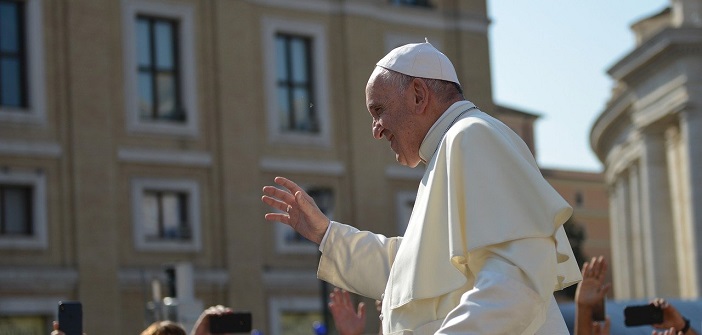The Economy of Francesco has been nicknamed the “Franciscan Davos,” referring to the Pontiff, particularly his encyclicals Laudato Si’ (2015) and Fratelli Tutti (2020).
This event, which took place over the weekend, was centered around the Sacred Convent of the Umbrian town of Assisi, convened by the Pope to rethink a possible future for the economy on a human and environmental scale. A challenge with a taste of utopia, but which, in the midst of the pandemic tragedy, can serve as a springboard for potential ideas.
Two thousand young people (56% men and 44% women) came from 120 countries: students, PhD candidates, researchers, start-up entrepreneurs, the so-called “changemakers,” those who are capable of creating high-impact social change and, in this case, promoters of economic activities that aim for the common good. An active, enthusiastic social fabric, full of proposals in areas other than new technologies, artificial intelligence, and responsible consumption to environmental protection.
In his video message, the Pope asks the young people for a “pact” for a new economic model because “we cannot continue like this.” Bergoglio outlined the path to recovery after the pandemic. “You know that a different economic discourse is urgent, it is urgent to responsibly recognize that the current global system is not viable.”
It is time to dare new development models
“You are called to have a concrete impact in your cities and universities, in work and in unions, in businesses and movements, in public and private offices,” he declared to two thousand young entrepreneurs and economists from 120 countries.
And then: “It is time, dear young economists, entrepreneurs, workers, and business leaders, it is time to dare to take the risk of encouraging and stimulating models of development, progress, and sustainability in which people, especially the excluded, are protagonists. No shortcuts, rise up, get your hands dirty.”
“We are not condemned to economic models that focus their immediate interest on profit as a unit of measure and the pursuit of similar public policies that ignore their own human, social, and environmental cost,” said the Pope. “As if we could rely on an absolute, unlimited, or neutral availability of resources. No, we are not obligated to continue to quietly admit and tolerate in our behavior that some feel more human than others, as if they were born with greater rights.”
“How difficult it is to progress towards real solutions when we have discredited, slandered, and decontextualized the interlocutor who does not think like us! This discrediting, slandering, or decontextualizing the interlocutor who does not think like us is a way to cowardly defend ourselves from the decisions I would have to make to solve many problems,” he added.


